 Irresistible Force
Irresistible Force
Entry Category: Fiction
 Irresistible Force
Irresistible Force
Jacobs, John Hornor
 John Hornor Jacobs
John Hornor Jacobs
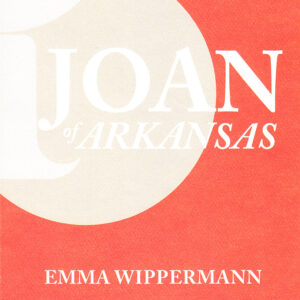 Joan of Arkansas
Joan of Arkansas
Joan of Arkansas [Book]
Jones, Douglas Clyde
Keith, K. Wymand
Knoop, Faith Yingling
Lake, Paul
 The Lake
The Lake
Lavers, Norman
aka: Cecil Norman Lavers
Lee, Lorelei
Lenski, Lois
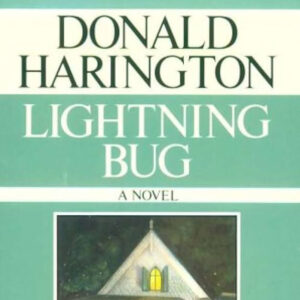 Lightning Bug
Lightning Bug
Lighton, Will
aka: William Rheem Lighton
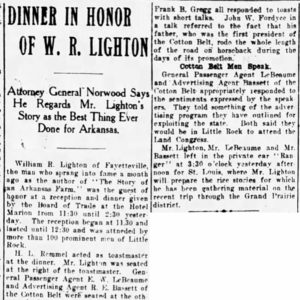 Will Lighton Article
Will Lighton Article
Living in Little Rock with Miss Little Rock
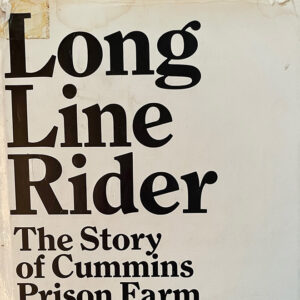 Long Line Rider
Long Line Rider
Long Line Rider [Book]
 Anita Loos
Anita Loos
Love Finds You in Snowball, Arkansas
 Love Finds You in Snowball, Arkansas
Love Finds You in Snowball, Arkansas
Madden, Ed
Mailer, Norris Church
aka: Barbara Jean Davis
 Maudelle Cover
Maudelle Cover
Maudelle: A Novel Founded on Facts Gathered From Living Witnesses
Mayer, Mercer
 Peter McGehee
Peter McGehee
McGehee, Peter Gregory
McLarey, Myra Dell
McMath, Phillip Hal
Medearis, Mary Myrtle
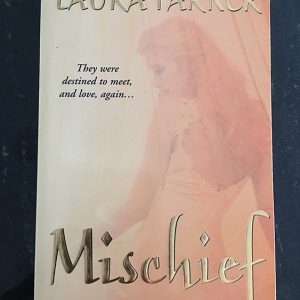 Mischief
Mischief
Morgan, Speer
Morris, Gilbert Leslie
My Own, My Native Land
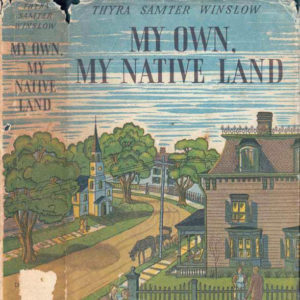 My Own, My Native Land
My Own, My Native Land
 The Mysterious Benedict Society
The Mysterious Benedict Society
Noland, Fent
aka: Charles Fenton Mercer (Fent) Noland
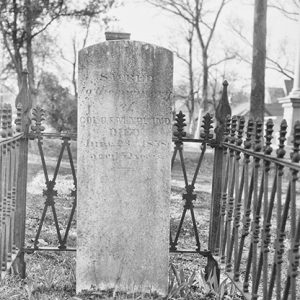 Fent Noland Grave
Fent Noland Grave
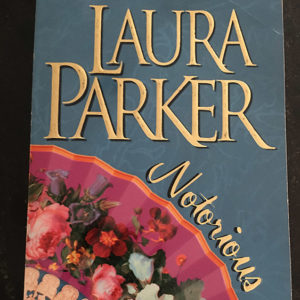 Notorious
Notorious
On a Slow Train Through Arkansaw
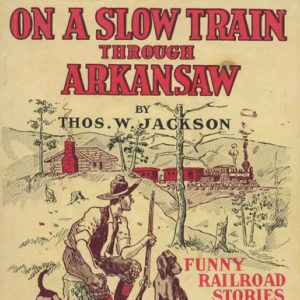 On a Slow Train Through Arkansaw
On a Slow Train Through Arkansaw
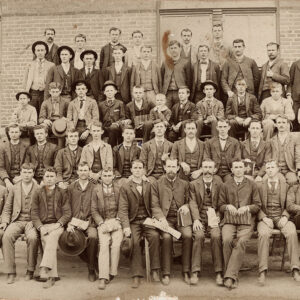 Ouachita Preparatory Academy
Ouachita Preparatory Academy
Ozark Trilogy, The
 Ozarks Double Homicide
Ozarks Double Homicide
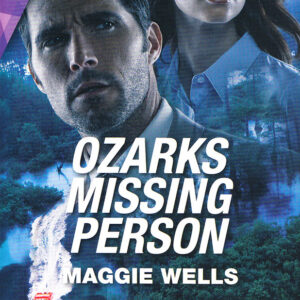 Ozarks Missing Person
Ozarks Missing Person
 Ozarks Witness Protection
Ozarks Witness Protection
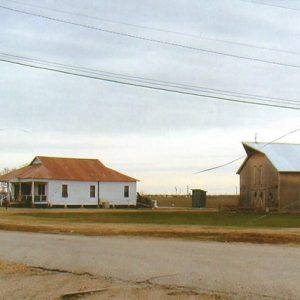 Painted House Museum
Painted House Museum




